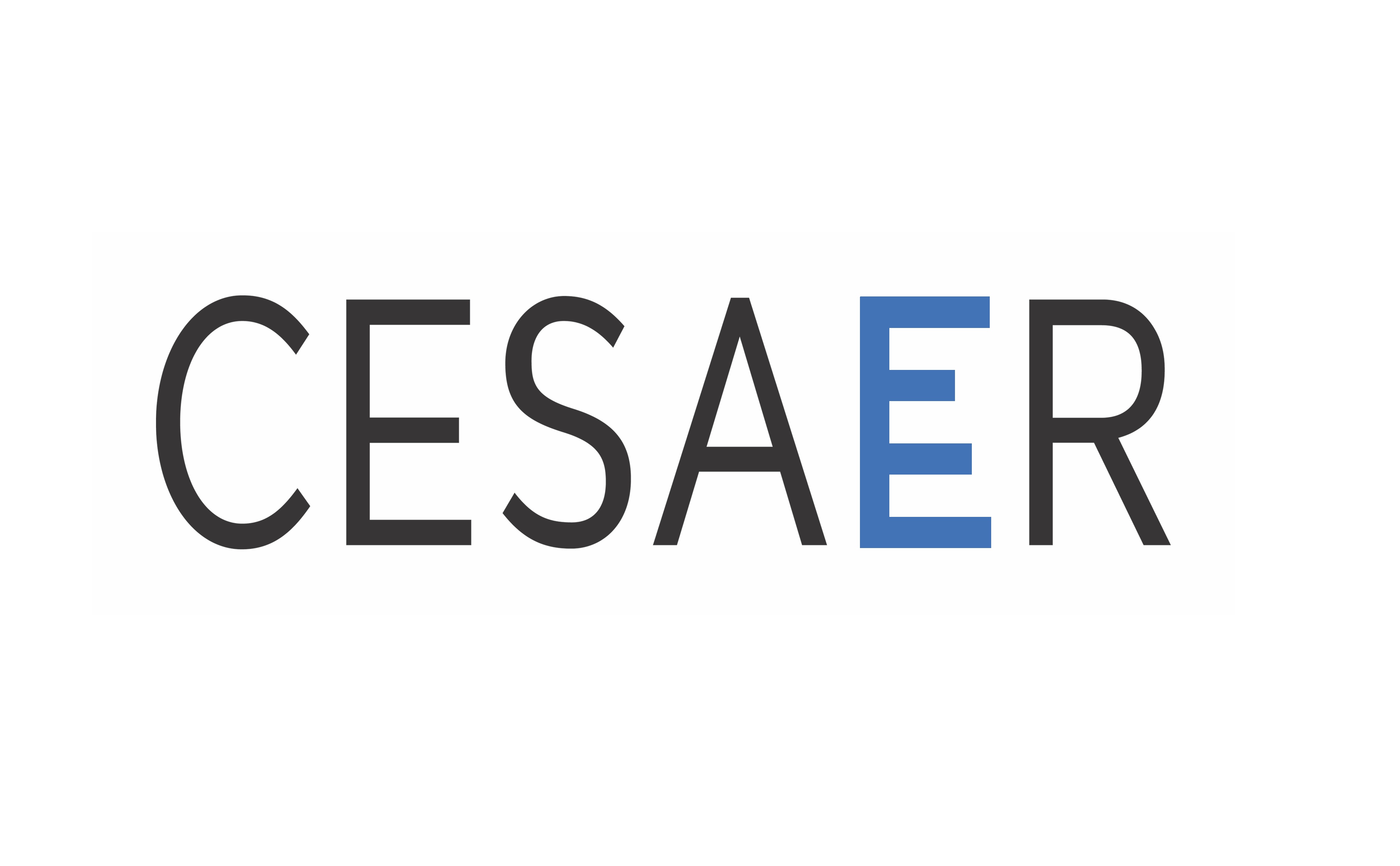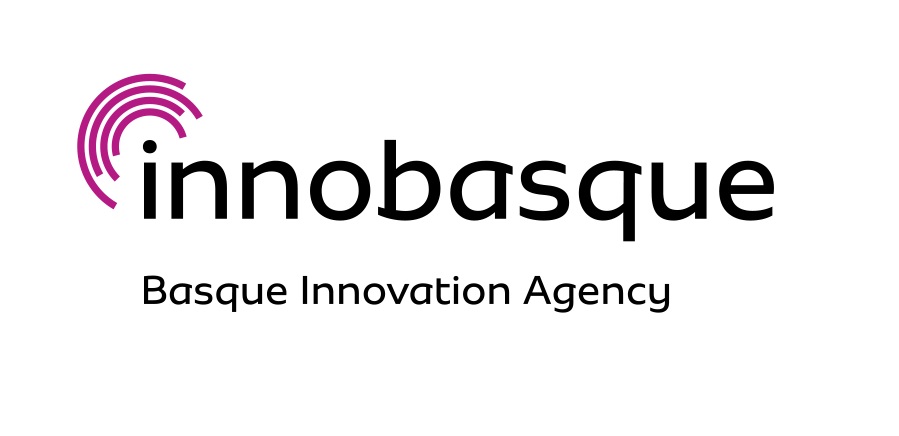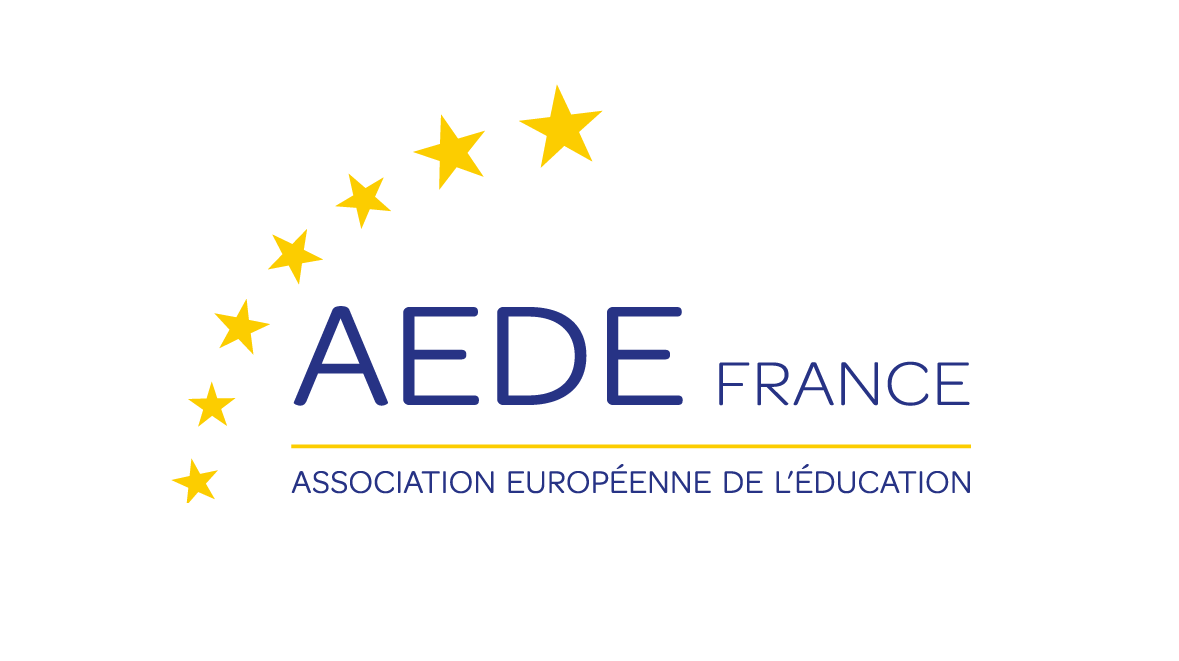CESAER
CESAER is a European association of leading specialised and comprehensive universities of science & technology that: champion excellence in higher education, training, research and innovation; influence debate; contribute to the realisation of open knowledge societies; and, deliver significant scientific, economic, social and societal impact. CESAER was founded in 1990 and unites 52 leading universities of science & technology in 26 countries. CESAER is an acknowledged main research stakeholder organisation for the European Research Area and the Open Science Policy Platform.
CESAER's mission is structured around five aims:
- learn from each other: share information and best practice in areas of higher education, research, innovation & governance
- influence key bodies: aid policy-makers and funders to shape European strategies, policies & funding programmes
- boost participation in European funding programmes
- promote our strengths globally: support Members in displaying their excellence & distinctiveness at European level & beyond
- advance debate on key issues: promote reflection & understanding of role of science & technology in open knowledge societies









